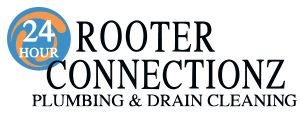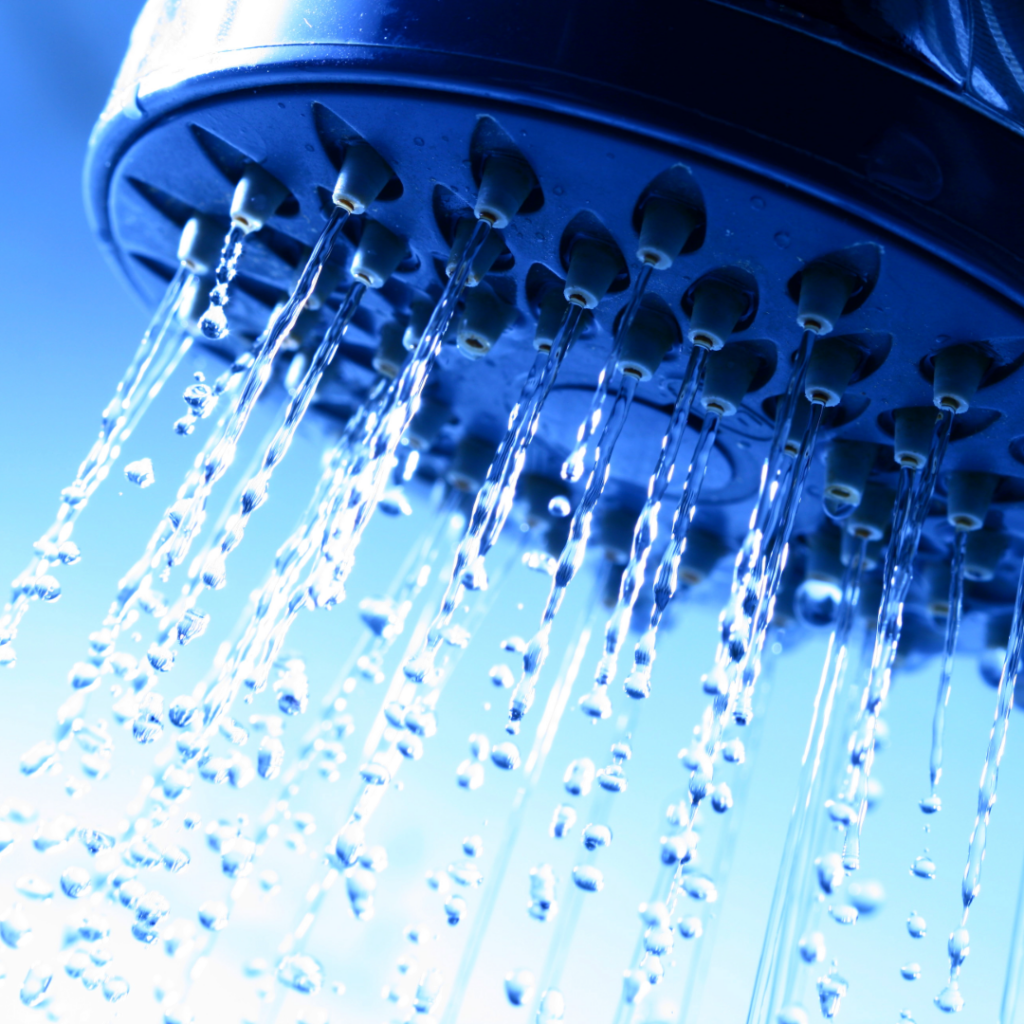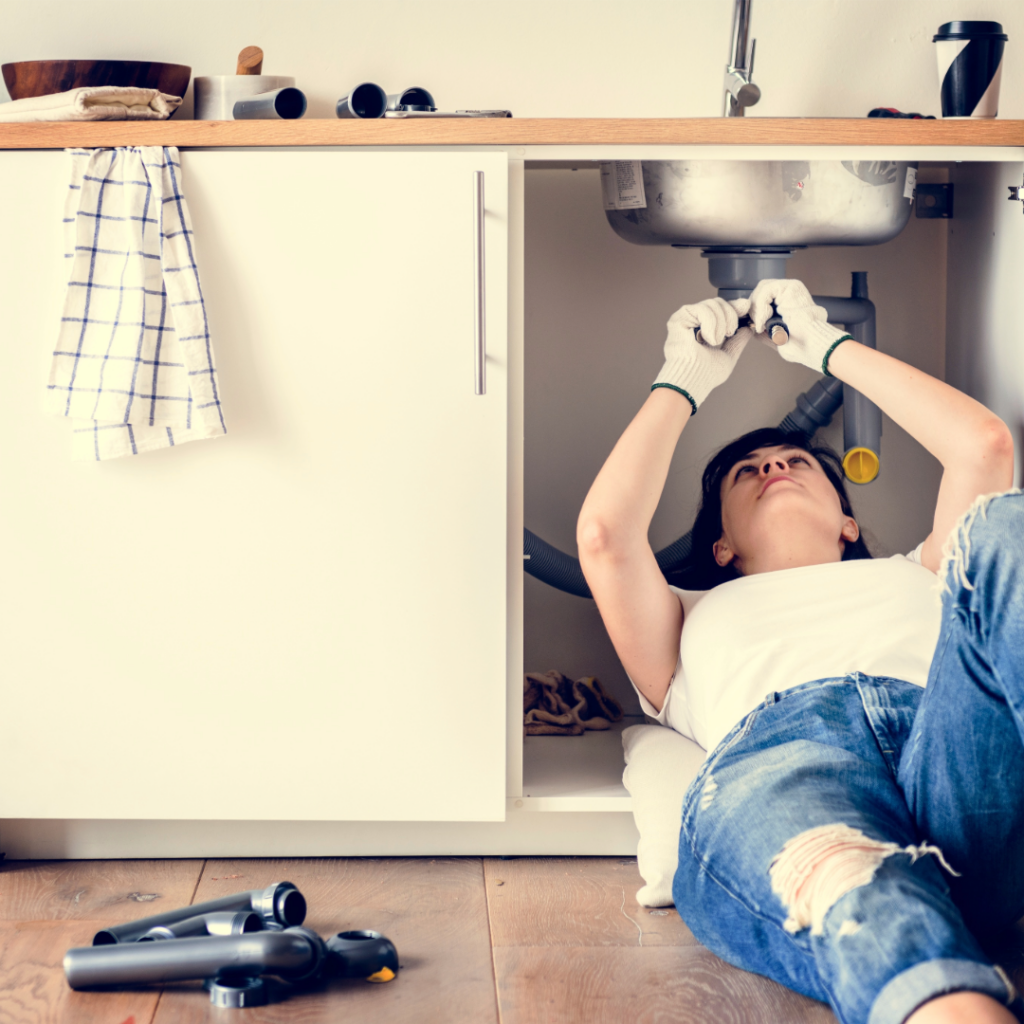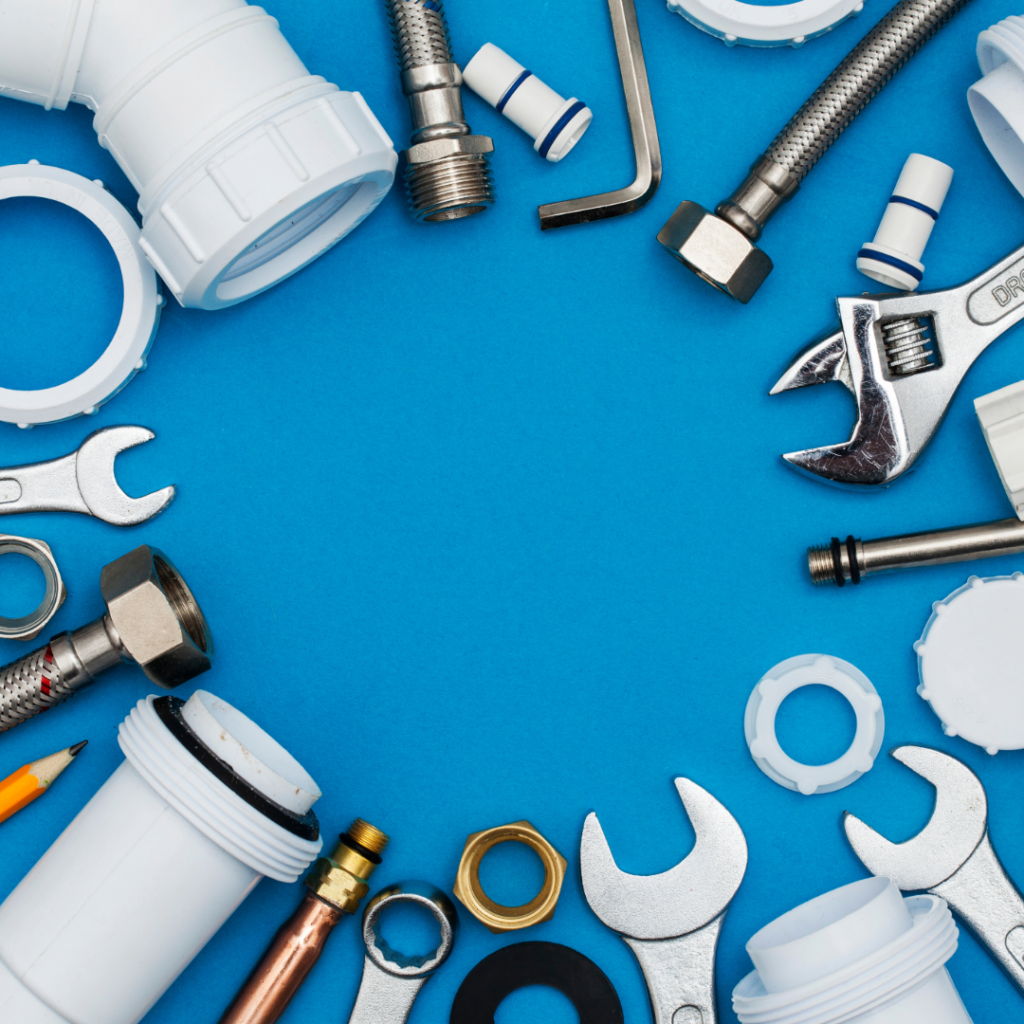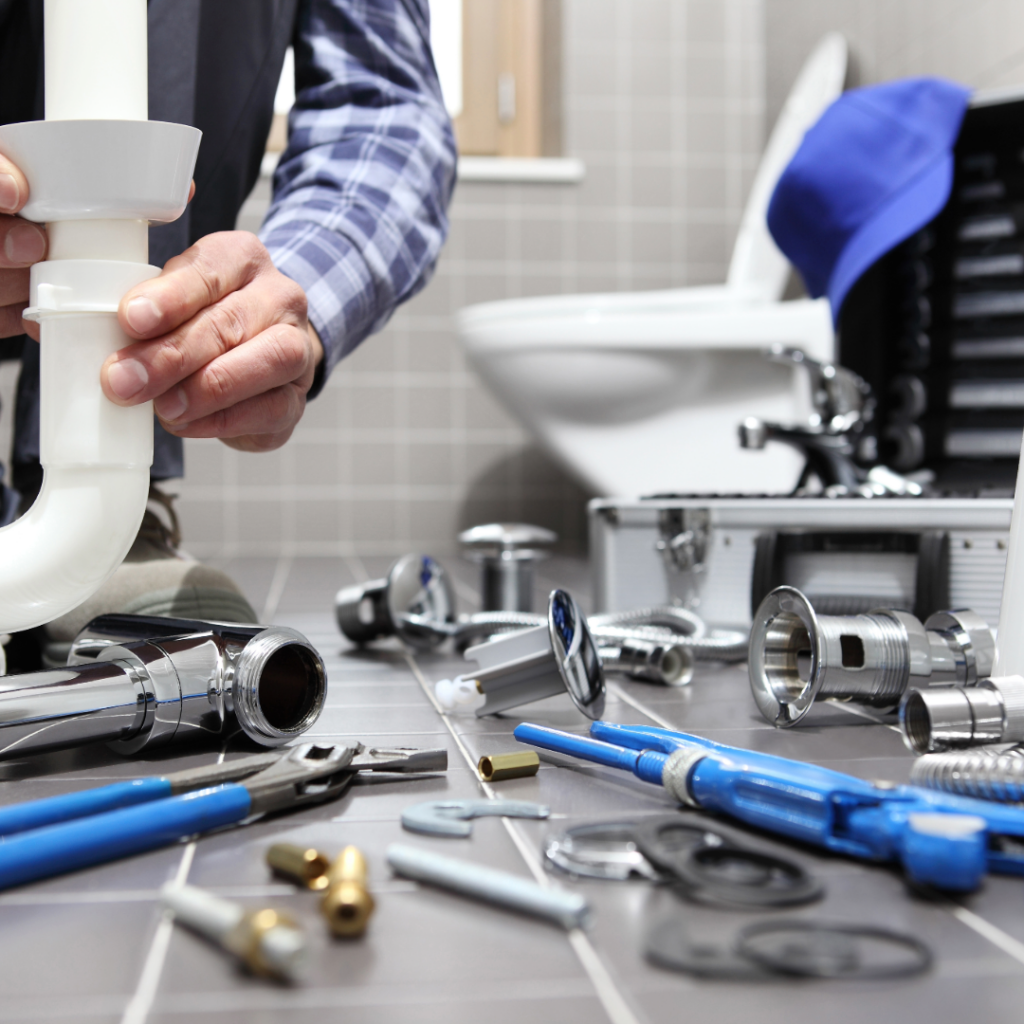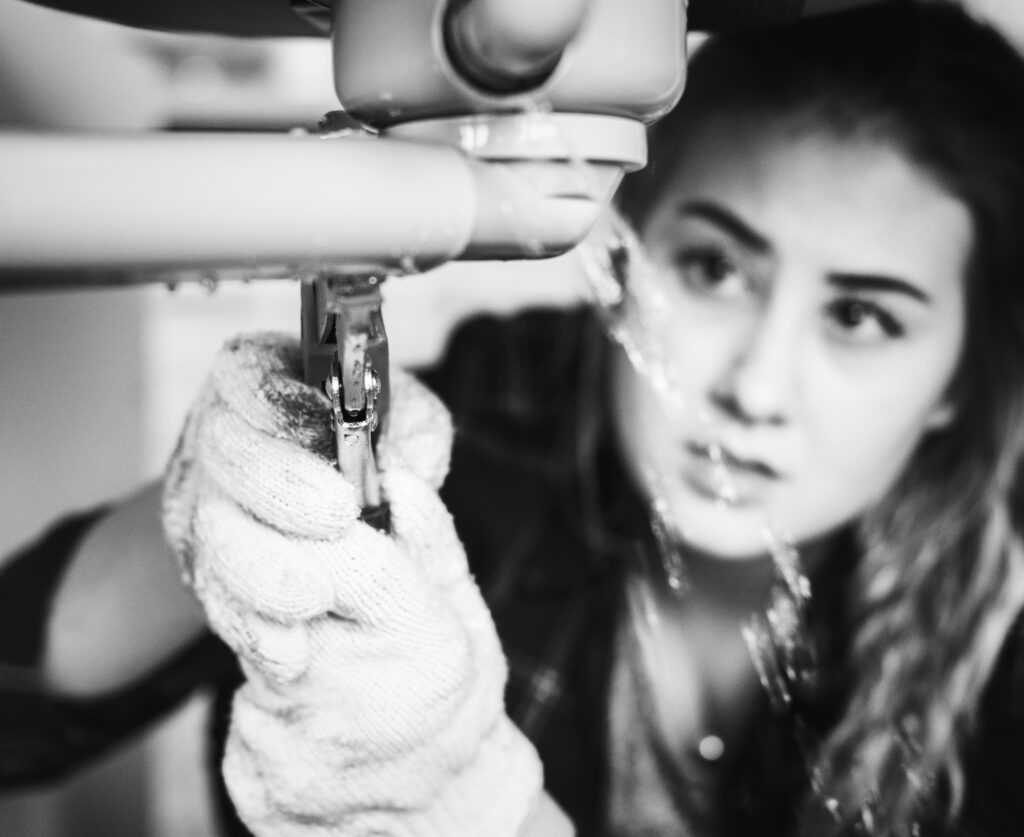
Leaks in your plumbing system can lead to costly water damage, higher utility bills, and even mold growth if left unchecked. Detecting leaks early is crucial for preventing these issues and maintaining the integrity of your home.
In this blog post, we’ll guide you through the process of checking for leaks in your plumbing system, empowering you to take proactive steps to safeguard your home.
1. Monitor Your Water Meter:
A simple way to check for plumbing leaks is by monitoring your water meter. Start by turning off all water sources in your home, including faucets, appliances, and irrigation systems. Take note of the current reading on your water meter, then wait for a few hours without using any water. If the meter reading has changed during this time, it could indicate a leak somewhere in your plumbing system.
2. Inspect Visible Pipes and Fixtures:
Visually inspect all visible pipes, faucets, and fixtures in your home for signs of leaks or water damage. Look for puddles of water, damp spots, or discoloration on walls, ceilings, or floors. Pay close attention to areas under sinks, around toilets, and behind appliances such as dishwashers and washing machines.
3. Check Your Water Bill:
Keep an eye on your water bill for any unexpected spikes in water usage, as this could indicate a hidden leak. If your water bill suddenly increases without a corresponding increase in usage, it’s worth investigating further to determine the source of the leak.
4. Conduct a Toilet Dye Test:
To check for leaks in your toilet tank, perform a simple dye test. Add a few drops of food coloring or a dye tablet to the tank and wait for a few minutes without flushing. If the water in the toilet bowl changes color, it indicates that water is leaking from the tank into the bowl, indicating a leak that needs to be repaired.
5. Listen for Sounds of Running Water:
In some cases, you may be able to detect leaks by listening for the sound of running water. Turn off all faucets and appliances and listen carefully for any sounds of water running when no water is being used. If you hear running water, it could indicate a hidden leak in your plumbing system.
6. Inspect Outdoor Plumbing:
Don’t forget to check outdoor faucets, hoses, and sprinkler systems for leaks or damage. Look for puddles of water or wet spots in the yard, as well as signs of rust or corrosion on outdoor fixtures. Address any issues promptly to prevent water waste and damage to your property.
7. Schedule Professional Inspection:
If you suspect you have a leak but are unable to locate it, consider scheduling a professional plumbing inspection. A qualified plumber can use specialized equipment such as leak detection cameras and thermal imaging to pinpoint the source of the leak and recommend the appropriate repairs.
Plumbing Emergency:
By following these steps, you can effectively check for leaks in your plumbing system and take proactive measures to address any issues before they escalate. Remember that early detection is key to minimizing water damage and preventing costly repairs.
If you need assistance with leak detection or repairs, don’t hesitate to contact the experts at 24 Hour Rooter Connectionz. Our team of skilled plumbers is available 24/7 to assist you with all your plumbing needs. Choose 24 Hour Rooter Connections for 24-hour plumbers near me.
